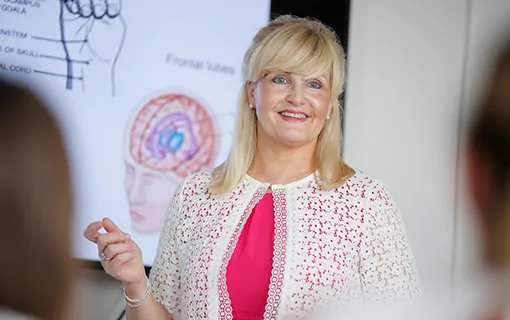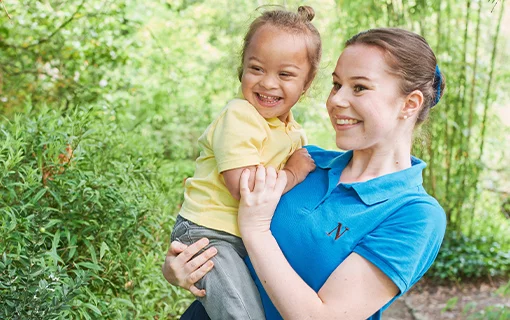The neuroscience of play: a scoping study

Neuroscience research has been present for many years now, however the emerging branch of Neuroeducation – brain science focused on child development and learning – has created a need to explore in further depth the workings of a child’s brain.
Whilst the literature is starting to grow around brain development in children, there is little that shows what happens in a child’s brain when they are engaging in play-based activities and learning. Many claims have been made about the benefits of play for young children’s learning and development largely based on observational or self-reporting research. However, there is an opportunity for the neurosciences to offer additional insights and confirmatory evidence about the impact play has on learning. This will enable adults to understand more effectively how they might create an optimal environment for young children’s brains and their role within this. This project undertook an extensive search of the current literature around neuroscience and play in order to ascertain what already exists and what next steps might be needed in terms of future research.
A scoping literature review was carried out on Norland’s online platform Discovery. Findings were extracted and inserted into a summarised table format where a thematic analysis was carried out to analyse and code the findings and create themes to give further searches direction.
The following issues emerged from the scoping study:
- There are limited studies in this area, at least in part due to ethical implications of the type of research required.
- Physical, social, thematic and dramatic play all aid in brain development, specifically Rough-and-Tumble play (RTP) which aids in decoding emotions and helps foster a sense of safety whilst developing the social brain.
- Adults and the environment are critical for the developing child. The interactions between adult and child, and the environment in which these interactions take place, are a crucial catalyst in how that child’s brain develops.
- The architecture of the brain is established in the early years by both genetic and environmental influences. The brain is hardwired to perform tasks such as breathing, circulation and reflexes, and softwired to adapt to external stimuli and develop further. Animal studies have supported the idea of play influencing the brain development of children.
Implications
- Further research is required to explore this topic in more depth via a wider range of outputs.
- Adults need to be better supported to learn and develop their understanding of research from the neurosciences and how they can help.
- Policy makers should acknowledge the importance of the adult and environment on brain development and support the industry accordingly.







